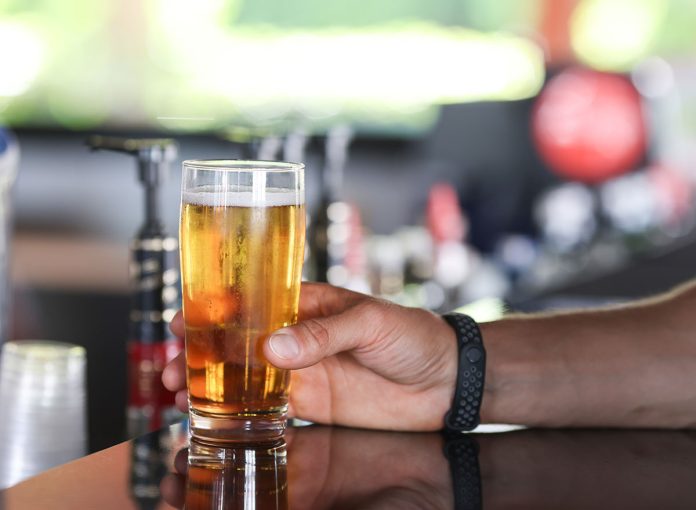A study by consumer analysts, The Mintel Group, concludes 18 percent of people over age of 65 drink daily. The Centers for Disease Control and Prevention (CDC) says one in ten in this age group is a binge drinker. Not every daily or binge drinker is alcoholic, however there are considerations aside from the disease of alcoholism:
There’s a three times higher rate of depression compared to non-drinking seniors;
Drinkers have a three times greater risk of hip fracture; and
Drinkers past the retirement age have a 16 times greater likelihood of a suicide attempt compared to a non-drinker.
There are drug interactions as well, as highlighted in a previous episode, and as people age they generally are prescribed more medications and take more over the counter remedies. All in, more than 120 meds have an adverse reaction to alcohol.
Statistics on alcohol-related deaths in older adults are not entirely accurate, although they point to a higher toll than the under-60 crowd. Take for example, a retiree who has a wicked fall following a drinking episode or an alcohol/drug interaction. The medical examiner’s “cause of death” would be a head injury. What caused the head injury? Or more to the point, what caused the fall? Back to an earlier stat: Why do drinkers have a higher likelihood of hip fracture? Not just because old age weakens bone, but because alcohol compromises an already compromised sense of balance.
A British Medical Journal study noted that those over age 50 who are active, social and well-off are drinking more – a “middle class phenomenon” which may be a hidden health and social problem in otherwise successful older people. What may skew all the stats on the extent of drinking in older adults is that maybe they’re drinking the same as ever before (which would be bad news or no news) but now they’re wise enough to admit to problem drinking and seek help for alcohol use disorders that nobody solves on their own (and that’s good news).















